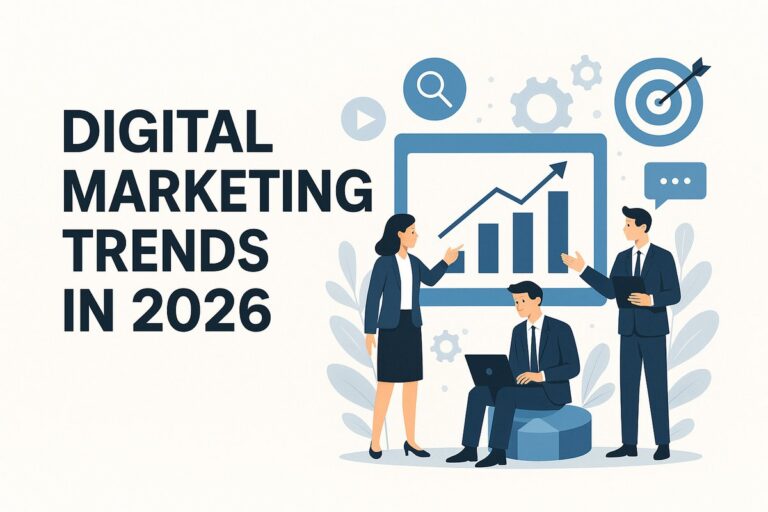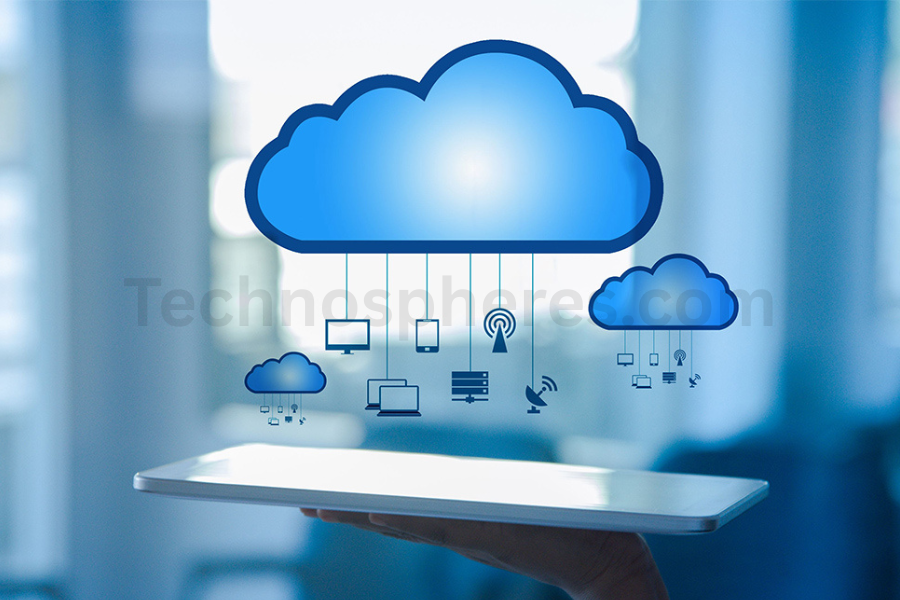
coding
In today’s digital-first corporate world, accounting companies handle large volumes of confidential financial information, client data, reports, and software programs. In this situation, a server is essential since it serves as the main hub for internal communication, software hosting, and data storage. A Server for Accounting Firm guarantees that accounting experts have client file real-time access, safe collaboration, and integrity of data and financial regulations compliance.
Rising dependence on cloud-based apps, automated accounting systems, and remote work calls for servers to give the foundation required for scaling, safety, and continuous service delivery. Essentially, without a dependable server configuration, an accounting company runs the danger of inefficiency, data leaks, and maybe legal problems.
Overview of Server for Accounting FirmUsage in Accounting Companies
Servers are used by accounting companies for a range of important tasks, including:
- Hosting accounting software either QuickBooks, Sage, or Xero.
- Managing and storing client documents, financial records, and tax files.
- Giving personnel working at client sites or offsite remote access.
- Running email systems, databases, and internal applications.
- Ensuring redundancy, data backup, and disaster recovery everyone.
Companies may effectively handle enormous amounts of data, limit user access levels, and document activity for audit reasons using a centralized server system. Whether used in the cloud or on-site, servers constitute the foundation of a reliable and quick accounting operation.
Important characteristics to Search for in a Server:
Safety and Data Encryption
Given that accounting companies deal with very sensitive financial and personal information, server security is absolutely essential.
- Encryption of data both in transit and at rest.
- Firewall protection and intrusion detection systems (IDS)
- Role-based access controls limit access to certain people.
- Multi-factor authentication (MFA) applicable to distant users.
- Compliance with laws like GDPR, HIPAA, or SOX depending on client industry and location.
- Selecting a server that upholds these security layers guarantees consumer confidence and lowers liability risks.
Processing Power and Storage
Particularly during tax seasons or audits, servers have to manage large workloads. Important features to think about:
- Multi-core CPUs (e.g., Intel Xeon, AMD EPYC) for multitasking and running resource-intensive applications are found in
- For small to medium businesses, RAM should be at least 16–64 GB; more would be needed for bigger projects or virtualization.
- Storage: Speed will come from solid-state drives (SSDs); optional hard disk drives (HDDs) will be for archival data. Search for RAID setups for data redundancy.
- This mix guarantees minimum downtime, quicker data access, and flawless operation.
Servers ought to provide built-in or combined answers for:
- Automatic, periodic backups ( daily, hourly, real-time).
- Cloud replication guarantees distant recovery possibilities.
- Features of failover ensure that operations continue even if one system breaks.
- Versioning lets past file versions be restored.
- In case of hardware failure, cyberattacks, or accidental data loss, this is especially important.
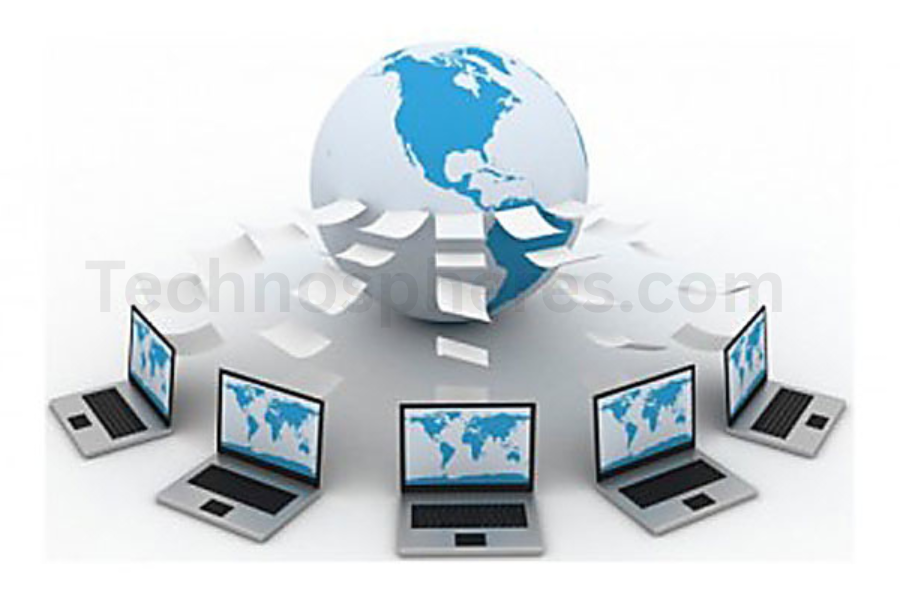
Flexibility and Scalability
Your Server for Accounting Firm ought to expand with your company:
- Modular designs provide means for hardware changes.
- Virtualization lets one run several settings on one physical device.
- Cloud- based servers enable scaling of RAM, storage, and compute power on demand without requiring any physical modification.
- A scalable answer eliminates expensive renovations or transfers as company demands change.
CCH ProSystem Thomson Reuters CS Suite
Check software compatibility with operating systems (e.g., Windows Server 2019/2022) and database support (e.g., SQL Server, PostgreSQL). Integration guarantees automated operations and data syncing throughout divisions.
Best Server for Accounting Firm Choices for Accounting Firms
Dedicated servers are physical computers used only by one company, providing complete control and constant performance.
- Greater reliability and performance.
- Improved security—not resource sharing.
- Unique combinations of hardware and software.
Needs information technology management expertise.
- Using virtualization, virtual servers—or VPS—or virtual private servers run in distinct environments on shared hardware.
- Suitable for small to medium-sized businesses.
- Easily implementable and scalable.
- Lesser maintenance needs.
- May encounter slower performance during peak demand—that is, from shared resources.
- Lesser influence over physical infrastructure.
- Select depending on technical specifications, budget, and firm size.
Top Server for Accounting Firm Providers
Among the best server companies for accounting businesses are:
- Great support and adaptation characterize Dell PowerEdge—dependable on-premise servers.
- HP ProLiant is well known for durability and enterprise-level performance.
- Lenovo Think System provides strong setups for reasonable pricing.
- Microsoft Azure is a flexible cloud-based server system integrated into Microsoft ecosystems.
- Vast worldwide infrastructure makes Amazon Web Services (AWS) very scalable.
- Google Cloud Platform (GCP) boasts safe environments and sophisticated AI/ML features.
- Every provider provides a selection of choices designed for different company sizes and technical requirements.
Comparison Table of Top Server Options
Here’s a comparison of popular server options based on key features:
| Server Provider | Type | Best For | Key Features | Approx. Cost |
| Dell PowerEdge T40 | On-Premise | Small Firms | Entry-level server, quiet, reliable | $600–$900 (one-time) |
| HP ProLiant DL380 | On-Premise | Medium to Large Firms | High performance, redundant storage options | $2,000+ |
| AWS EC2 | Cloud | All Sizes (Flexible) | Highly scalable, pay-as-you-go, global reach | Varies by usage |
| Microsoft Azure VM | Cloud | Microsoft-focused Firms | Seamless Office 365 integration, hybrid support | Varies by usage |
| Lenovo Think System ST50 | On-Premise | Small Firms | Compact, budget-friendly, reliable for light use | $500–$800 |
Server Setup and Configuration
Choosing the Right Operating System
- Any server fundamentally relies on the operating system (OS). The decision would on the use case, compatibility, and administrative experience.
- Linux-based operating systems (e.g., Ubuntu Server, CentOS, Debian) are recognized for their open-source adaptability, security, and stability. Ideal for development settings, databases, and web servers.
- Windows Server combines graphical user interface management, .NET application support, and solid integration with Microsoft goods and services.
- Elements to take into account include: application criteria, hardware compatibility, licensing cost, and support availability.
Network Design
- Performance, security, and scalability all depend on good network configuration.
- Static IPs for important servers will help to guarantee regular access.
- DNS configuration guarantees correct mapping of domain names to IPs.
- Subnetting and VLANs help to improve order by dividing network traffic and thereby raise security.
- Port forwarding/NAT manages outside access to internal services.
- Bandwidth management guarantees equitable usage all across the network and avoids congestion.
Role-based access and permissions
- Role-based access controls (RBAC) help guarantee only authorized users have access to or alteration of certain systems or data.
- Specify user roles—admin, developer, or auditor—with restricted access.
- Permission granularity: Allot the least required permissions (principle of least privilege).
- Track who accessed what and when for accountability and troubleshooting via audit logging.
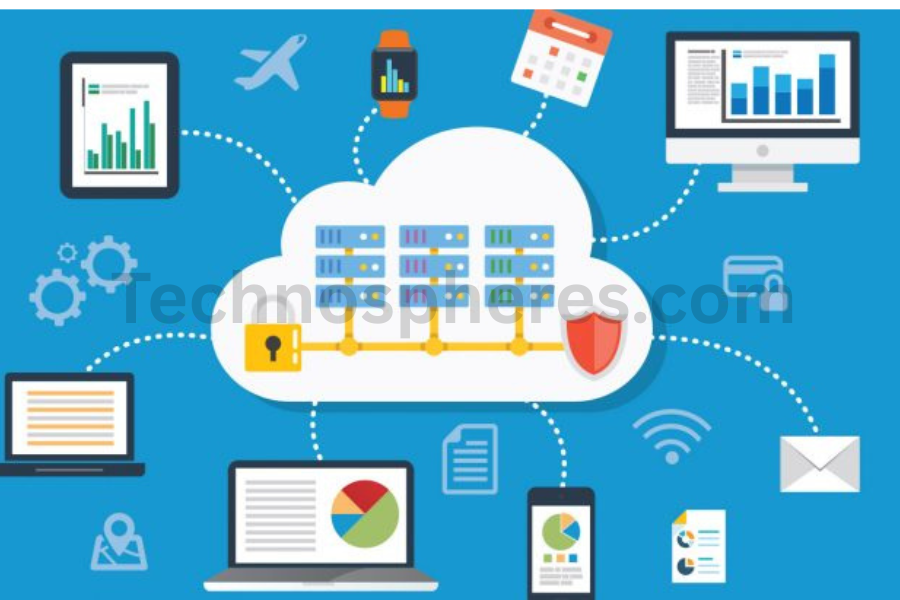
Security Issues
These instruments constitute the first line of defense against hazards. Control incoming and outgoing network traffic based on pre- established security policies using firewalls. May be based on hardware or software. Antivirus/Antimalware examines files and actions for either known threats or malicious behavior. Should be revised often. Intrusion Detection Systems (IDS) are not mandatory but rather helpful for spotting possible threats or violations.
Regulatory Compliance (SOX, HIPAA, GDPR)
- Compliance guarantees lawful and moral data management.
- Regulates data privacy and user consent in the EU, General Data Protection Regulation (GDPR).
- HIPAA (Health Insurance Portability and Accountability Act) aims on safeguarding medical information in America.
- SOX (Sarbanes-Oxley Act) guarantees data integrity and correct financial reporting for publicly traded corporations.
- Implementation includes documentation, audit trails, access controls, and data encryption.
Price Elements
- Budgeting becomes easier when one realizes the distinction between upfront costs and ongoing ones.
- Initial setup costs comprise hardware acquisition, software licenses, physical installation, and first configuring.
- Power, cooling, software upgrades, security patches, tech support, and hardware replacement are among continuous expenses.
- TCO covers every expense relating to the server throughout its viable lifespan.
- Includes purchase, installation, upkeep, support, training, downtime, and ultimate replacement or disposal.
- Cloud helps to compare rival systems. On-premises, or leasing, versus purchasing patterns.
VPNs, 2FA, Secure Remote Access
- Remote access needs to be safeguarded to stop illegal access.
- VPN (Virtual Private Network) enables safe remote access by encrypting data over public networks.
- Two-factor authentication (2FA) uses a hardware token or phone app to provide another layer of verification.
- SSH with key authentication is more secure than password-only logins for administrative access.
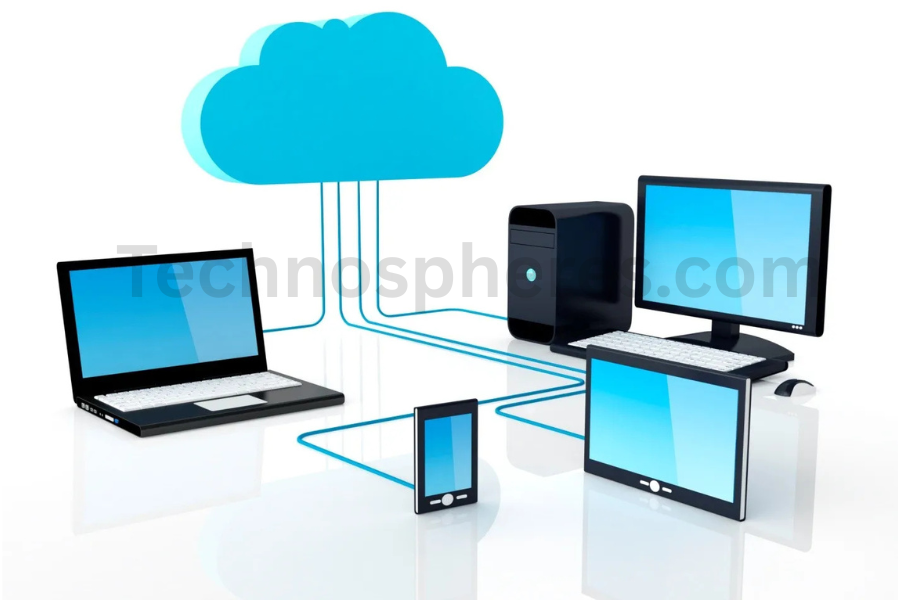
Maintenance and Assistance
Routine Maintenance Top Guidelines
Routine server maintenance guarantees maximum performance, security, and uptime. These are important best practices:
- Regular backups should be planned daily or weekly; testing should be done frequently to guarantee data recovery is feasible.
- Patch operating systems, control panels, CMS, and other server software to fix security vulnerabilities.
- Examine performance issues, errors, and unauthorized access tries in server logs.
- Maintain enough disk space by removing unused programs, outdated backups, and temporary files.
- Verify that every hardware component is operating properly using tools or BIOS diagnostics.
- Check Security Settings: Regularly update intrusion detection systems, firewalls, and antivirus programs.
- Log maintenance activities, changes, and configuration thoroughly for responsibility and troubleshooting.
Choosing Between In-House vs. Managed IT Support
When deciding how to support your IT infrastructure, consider cost, expertise, and responsiveness.
| Criteria | In-House IT Support | Managed IT Support |
| Cost | Higher fixed costs (salaries, benefits) | Scalable monthly fees, lower upfront costs |
| Expertise | Depends on internal staff | Access to wide-ranging, specialized skills |
| Scalability | Limited to current staff capacity | Easily scales with your business needs |
| Availability | Business hours (unless on-call staff) | 24/7 support available |
| Control | Full control over infrastructure | Less direct control, dependent on SLAs |
| Response Time | Potentially faster on-premises | Varies by service level agreement (SLA) |
Server Monitoring Tools:
Server monitoring solutions offer performance, uptime, and security real-time data. Usually employed tools are:
- Nagios is an open-source program for monitoring networks, systems, and infrastructure.
- Zabbix provides configurable dashboards for real-time monitoring and warning.
- Datadog is a cloud-based tool combining logs, traces, and metrics.
- SolarWinds is an enterprise-level tool with extensive application and server monitoring.
- New Relic, best suited for DevOps settings, emphasizes application performance and server measures.
- Prometheus and Grafana are widely used open-source stacks for visualization and monitoring.
Migration to cloud-based servers
Advantages and obstacles
Benefits:
- Resources can be scaled—up or down—right away.
- Cost Efficiency: Pricing models based on pay-as-you-go lower capital expenses.
- Disaster recovery: Cloud companies provide redundant and backup systems built into their designs.
- Teams can operate from anywhere with a reliable internet connection.
- Provider manages security patches and upgrades.
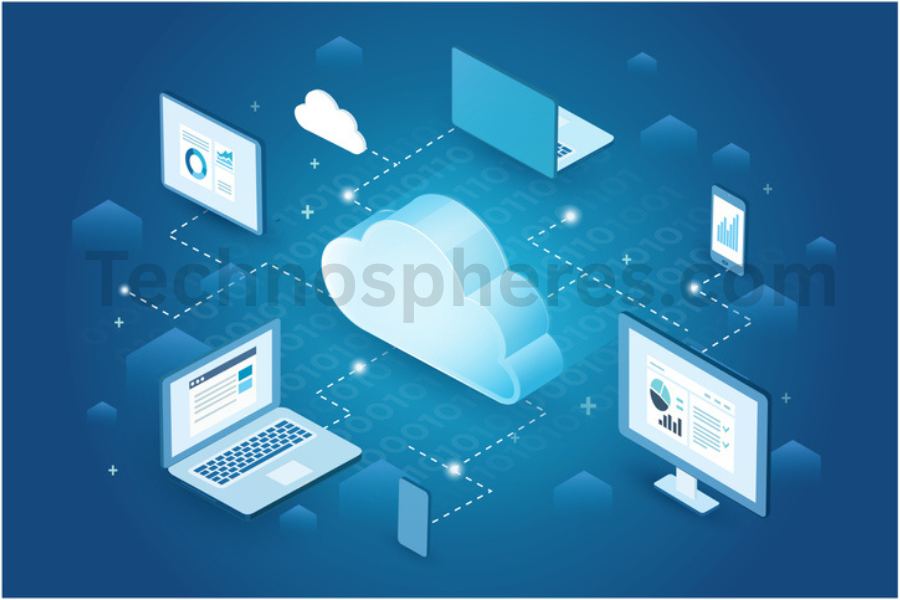
Challenges:
- Potential disturbance during the migration process is downtime risk.
- Data Security & Compliance: Regulatory compliance and data privacy must be guaranteed.
- Vendor lock-in arises from the potential difficulty or expense involved in later changing suppliers.
- Unplanned costs result from inadequate preparation.
- Legacy systems may need redesign or reconfiguration.
Server Technology for Accounting: Future Trends
AI and Automating Integration
By boosting productivity and lowering manual labor, artificial intelligence (AI) and automation are changing accounting server processes. Important integrations consist of:
- Automated bookkeeping is provided by AI systems handling transactions, receipts, and bills with little human involvement.
- Predictive analytics is the application of machine learning models hosted by servers to project cash flows, identify discrepancies, and recommend financial plans.
- AI-powered chatbots using natural language interfaces can solve customer questions, access data, or even start reports.
- Smart reconciliation: AI immediately spots differences by comparing bank statements and ledgers in real time.
- Robot process automation manages repetitive chores including data entry, reconciliation, and report generation.
Effects on servers:
- Calls for scalable and powerful computing resources.
- Requires both real-time processing and dependable storage.
Decentralized Storage and Edge Computing
Edge computing Server for Accounting Firm is the practice of doing data processing near its source—say, local offices or devices—rather than at centralized data centers. Usually employing blockchain-like techniques, decentralized storage spreads information across several sites or nodes.
- Lower latency reduces the distance data must travel, hence enhancing performance.
- Improved Privacy: Local storage and processing of sensitive financial information is possible.
- Reduced bandwidth requirements: Only vital information travels to the central server/cloud.
- Better uptime: Lessens reliance on one central server.
Frequently Asked Questions
What kind of server suits a tiny accounting company best?
Small businesses usually find cloud-based or hybrid servers best because of their cost efficiency, scalability, and low maintenance.
How can I make sure the server of my accounting firm is protected?
Adopt regular security audits, firewalls, antivirus software, strong access controls, and encryption. Think about following financial data rules.
Should I lease a server for my accounting firm or purchase one?
Your budget and IT skills will determine this. While purchasing gives full control and long-term savings, leasing lowers initial costs and provides assistance.
May I host QuickBooks or other accounting program on my own server?
Most accounting software like QuickBooks Desktop can normally be hosted on your own server or a cloud server for multi user access and data security.
Read more about Tech News on Technospheres.
